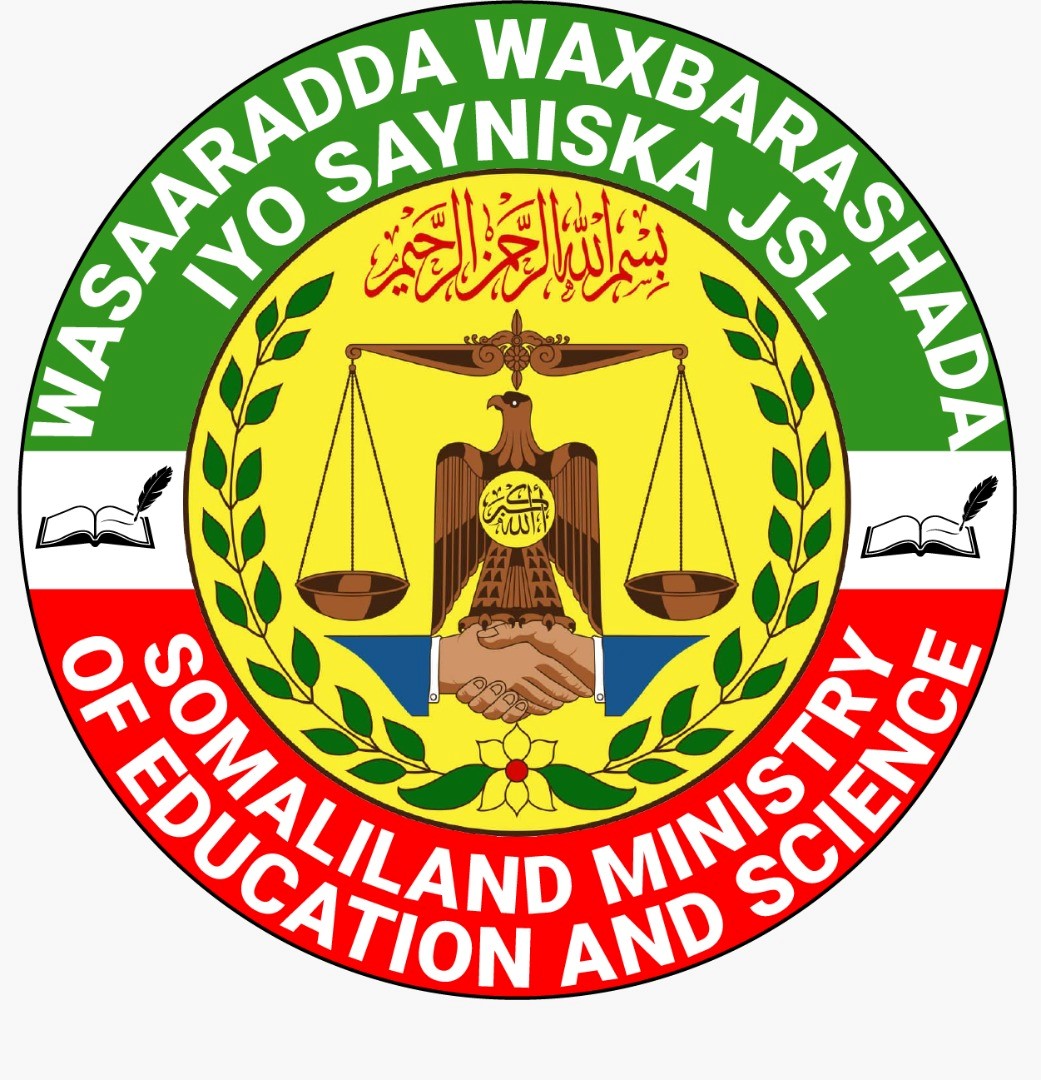Ministry of Education and Science:
Roles and Responsibilities of IT and Communication Department:
Roles and Responsibilities of IT and Communication Department:
Develop and Maintain IT Infrastructure
Ensure a robust and secure IT infrastructure to support educational institutions and administrative operations.
Digital Transformation:
Drive the adoption of technology in teaching, learning, and administrative processes across schools and educational institutions.
Manage Educational Platforms:
Oversee the development, implementation, and maintenance of e-learning platforms and online education systems.
Data Management:
Collect, store, and analyse data related to education systems, schools, students, and staff for decision-making and reporting.
Cybersecurity:
Ensure the security of sensitive data and IT systems by implementing policies to prevent cyber threats and data breaches.
Communication and Outreach:
Manage the ministry's communication channels, including websites, social media platforms, and other digital tools, to disseminate information effectively.
Technical Support:
Provide technical assistance to schools, regional education offices, and ministry staff for IT-related issues.
Policy Development:
Develop and enforce IT policies and guidelines for schools and educational institutions under the ministry.
Capacity Building:
Organise training programs and workshops to enhance the IT skills of educators, students, and administrative staff.
Innovative Technology Integration:
Research and recommend new technologies for enhancing the quality of education and administrative efficiency.
Monitor IT Projects:
Supervise and evaluate the progress of IT projects within the ministry and its affiliated institutions.
Support Distance Learning Initiatives:
Facilitate virtual classrooms and ensure reliable communication tools for distance learning programs.
Stakeholder Collaboration:
Work with other government agencies, private sector partners, and international organisations to promote ICT in education.
Ensure a robust and secure IT infrastructure to support educational institutions and administrative operations.
Digital Transformation:
Drive the adoption of technology in teaching, learning, and administrative processes across schools and educational institutions.
Manage Educational Platforms:
Oversee the development, implementation, and maintenance of e-learning platforms and online education systems.
Data Management:
Collect, store, and analyse data related to education systems, schools, students, and staff for decision-making and reporting.
Cybersecurity:
Ensure the security of sensitive data and IT systems by implementing policies to prevent cyber threats and data breaches.
Communication and Outreach:
Manage the ministry's communication channels, including websites, social media platforms, and other digital tools, to disseminate information effectively.
Technical Support:
Provide technical assistance to schools, regional education offices, and ministry staff for IT-related issues.
Policy Development:
Develop and enforce IT policies and guidelines for schools and educational institutions under the ministry.
Capacity Building:
Organise training programs and workshops to enhance the IT skills of educators, students, and administrative staff.
Innovative Technology Integration:
Research and recommend new technologies for enhancing the quality of education and administrative efficiency.
Monitor IT Projects:
Supervise and evaluate the progress of IT projects within the ministry and its affiliated institutions.
Support Distance Learning Initiatives:
Facilitate virtual classrooms and ensure reliable communication tools for distance learning programs.
Stakeholder Collaboration:
Work with other government agencies, private sector partners, and international organisations to promote ICT in education.



